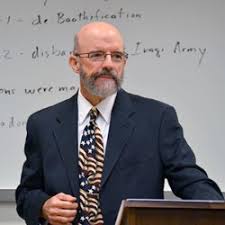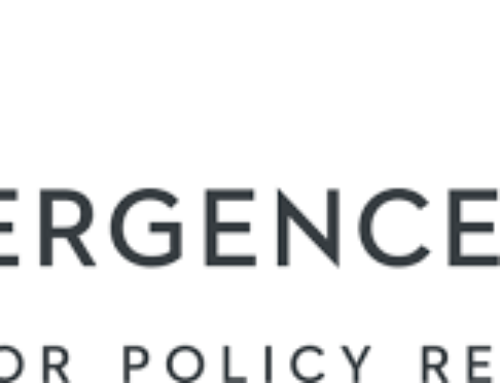Peacebuilding and Democracy
 Until last Thursday afternoon, I was planning to write about what comparative politics research can do to help peacebuilders. Then, I ran into my friend Jim Pfiffner of George Mason University’s Schar School of Policy and Government. Jim is a scholar of the presidency who has written books on judging the character of our chief executive–among many other things. Jim is also one of the most thoughtful people I know.
Until last Thursday afternoon, I was planning to write about what comparative politics research can do to help peacebuilders. Then, I ran into my friend Jim Pfiffner of George Mason University’s Schar School of Policy and Government. Jim is a scholar of the presidency who has written books on judging the character of our chief executive–among many other things. Jim is also one of the most thoughtful people I know.
And since we hadn’t seen each other in ages and since we are both political scientists, our discussion immediately turned to the Trump presidency–even before we mentioned our grandkids. I had just finished reviewing Steven Levitsky and Danie Ziblatt’s How Democracies Die. As we discussed their concerns as well as those of other analysts whose work we’ve read, I realized that I to flip the focus of my blog post away from what comparative politics researchers can tell peacebuilders to the insights we peacebuilders have that could lessen the threats to democracy here and elsewhere.
I don’t remember which exact issues Jim and I talked about in the ten minutes before his sandwich got toasted, but I suspect I mentioned at least some of these common principles we peacebuilders focus on:
- Don’t demonize the people you disagree with. Treat them with dignity and respect. Then disagree.
- Do things that enhance trust between you and the people you disagree with.
- Try to reframe the issues so that you and your opponent can begin to see the outlines of a win-win outcome.
- Take what are likely to be the second, third, and “nth” order effects of your actions into account.
- Remember that most tough political issues amount to what philosophers call superordinate goals in which all parties have to work together in finding solutions.
Some of the techniques we use seem useful as well:
- Identify some relatively easy issues you could agree on. They needn’t be simple ones. For instance, there are already hints of considerable bipartisan agreement on strategies to use in dealing with the opiate crisis and prison sentencing, to name but two.
- Seek out what business scholars Chip and Dan Health call “bright spots.” Even in the most difficult of circumstances, something is working in ways we can take and apply elsewhere. In this case, what can we learn from cities like Richmond CA or Martinsburg WV that have made significant progress on some otherwise vexing issues?
- Bring strange political bedfellows together. For instance, each year, congressional democrats and republicans play a baseball game against each other. Maybe next year they should play on mixed teams. That won’t solve any problems, but it will at least show them that they can do things together.
- Building on that point and along those same lines, peacebuilders often take people to resorts, camps, or other “neutral” spaces to begin getting to know each other while trained facilitators help them do so.
None of these initiatives could solve the gridlock in Washington and other national capitals overnight. But they can make dealing with divisive issues easier.
I know that from first hand experience. Over the last 15 years I’ve spent a lot of time getting to know senior military officers as well as evangelical Christian thought leaders with whom I disagree on dozens of pressing issues. Each time I’ve set foot on an army base or in an evangelical house of worship, I’ve been welcomed with open arms, built trust and friendships with the people I’ve met, and even seen ways forward on our disagreements by, say, exploring civilian-military cooperation in the physical and social reconstruction after a war ends or addressing the ideological and social wounds that are dividing our country.
Again, nothing I’ve put forward here is a panacea. Everything I’ve suggested here would help.
Also published on Medium.





